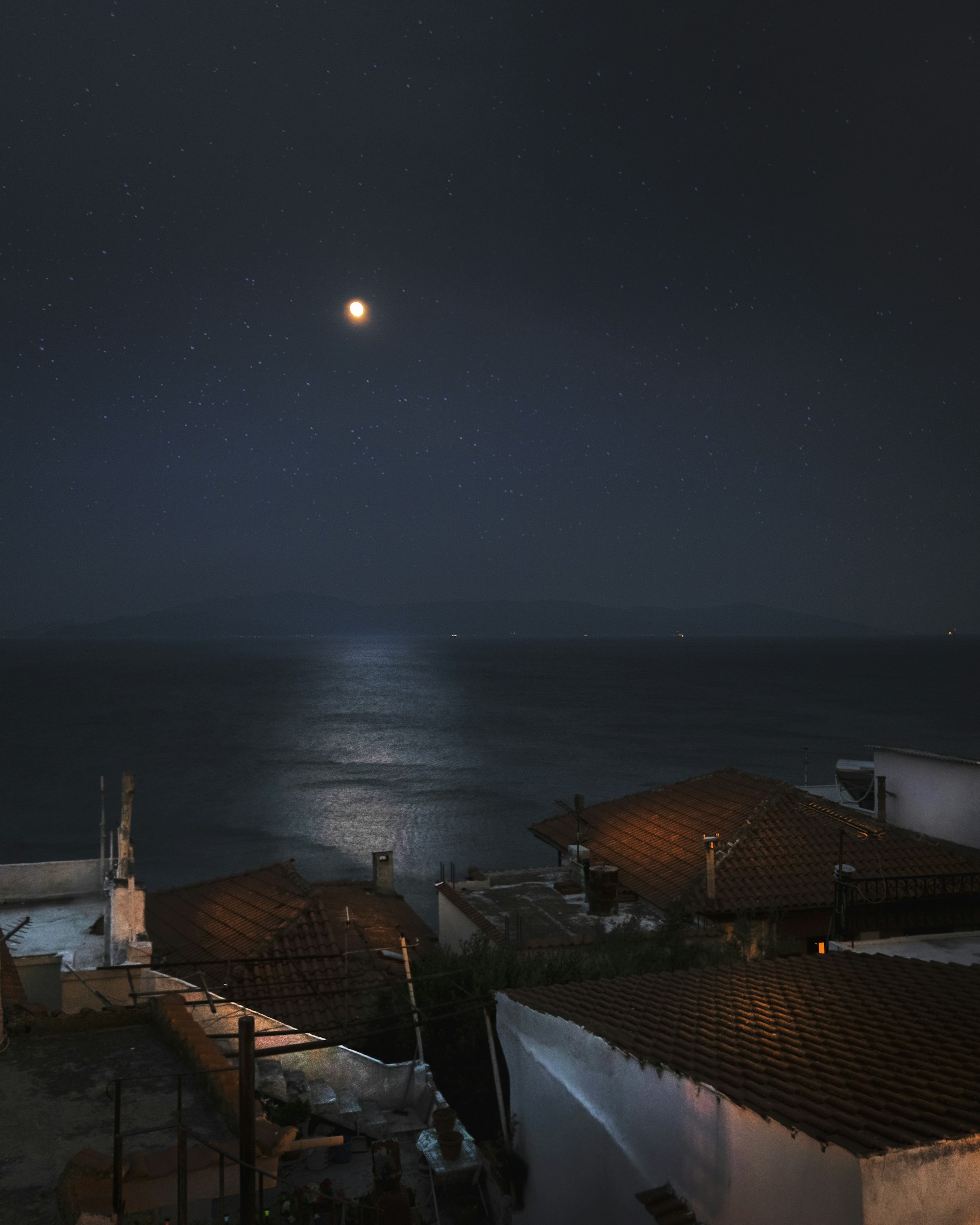Kavala Cultural Guide: History, Customs, Festivals

Kavala Cultural Guide: History, Customs, Festivals
Kavala, located in northern Greece, is a city rich in history and culture. It has been inhabited since ancient times and has a deep connection to its past through its customs and traditions.
History
The history of Kavala dates back to ancient times when it was known as Neapolis, meaning "New City." It has been ruled by various empires including the Romans, Byzantines, and Ottomans, each leaving their mark on the city's architecture and culture.
One of the most prominent historical sites in Kavala is the Kavala Castle, which offers panoramic views of the city and the Aegean Sea. The city's old town, with its narrow cobblestone streets and traditional houses, is also a testament to its rich history.
Customs
Traditional customs play an important role in the daily life of Kavala's residents. Hospitality is highly valued, and guests are often welcomed with open arms and treated to a feast of local delicacies. It is customary to greet others with a warm smile and a handshake.
Another important custom in Kavala is the celebration of religious holidays, such as Easter and Christmas. These festivals are marked with church services, feasting, and traditional music and dance performances.
Festivals
Kavala is known for its vibrant festival scene, with events taking place throughout the year. One of the most popular festivals is the Kavala Carnival, held in the weeks leading up to Lent. The carnival features colorful parades, live music, and street performances.
Other festivals in Kavala celebrate the city's rich history and cultural heritage. The Philippi Festival, held annually in July, pays tribute to the ancient city of Philippi with theatrical performances and concerts.
Overall, Kavala is a city steeped in history and tradition, with a vibrant cultural scene that celebrates its past and present.
